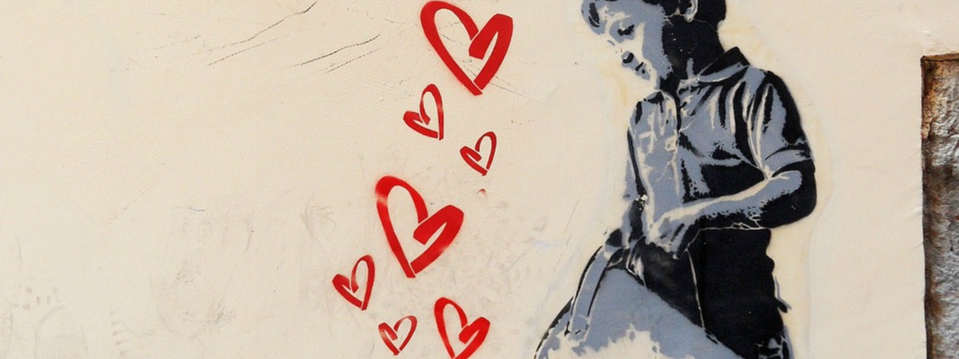Study explores how student/mentor attachment styles affect relationships and outcomes
Bernier, A., Larose, S., & Soucy, N. (2005). Academic mentoring in college: The interactive role of students’ and mentors’ interpersonal dispositions. Research in Higher Education, 46(1), 29-51.
Background
Studying the interpersonal styles of mentors and mentees provides a key to understanding the effectiveness of mentoring.For years, Professor Simon Larose and colleagues have been study the interactions between a mentor’s approaches to the relationship (i.e., relational style) and how secure mentees feel in relationships (attachment orientation).
This is a potentially rich area of inquiry; particularly since the psychotherapy literature has found that style and orientation in the therapist and client affect therapy outcomes. For example, a client who has trouble developing close relationships with others may benefit from working with a therapist who is comfortable with intimacy.
Bernier, Larose, and Soucy (2005) investigated this question by interviewing college students and professor-mentors at three Canadian colleges.
Methodology
The students in this study (N =90) were part of academic mentoring programs provided to the academically weakest freshmen in the course of the first semester. Volunteer professors served as mentors to these students, and given three hours of training and instructed to focus on prevention of social and emotional adjustment problems (as opposed to academic tutoring). These professor-mentors (ten in all) met with their mentees one-to-one for eight meetings during the semester.
The college students were administered the Adult Attachment Interview, which assessed the students’ relationships with their parents during childhood. The quality of parent relationships has been found to shape subsequent relationships—including relationships with romantic partners, teachers, therapists, and friends.
The professors completed the Attachment Style Questionnaire, which taps into feelings and behaviors in relationships, including beliefs about self and valuing of independence.
Results
- Students with a more “dismissive” attachment style (marked by insistence on personal strength, emotional restriction, and mistrust in others) benefited from mentors who valued interdependence and closeness.
- Students with a more “preoccupied” attachment style (marked by dependency and great need for support and closeness) benefited from mentors who valued self-reliance and autonomy.
- Students and mentors in these two types of pairings showed greater amounts of self-disclosure and comfort with proximity, as well as perception of quality of the relationship, satisfaction with mentoring, and academic achievement. Students who were paired with mentors with the same predisposition did show the same benefits on these outcomes.
The authors urge caution in applying the findings, as there was no means to see how mentors behaved during sessions, and the findings would need to be replicated before being applied on a wide basis.
Implications
Although preliminary, these findings are intriguing. Mentors appear most effective when they are able to provide a challenging relational style that is not the same as the student’s style, as this seems to stimulate growth and satisfaction with the relationship.
Mentors may benefit from being aware of their own and their mentees’ relational styles, and developing the skills to gently challenging youth’s.
summarized by UMB clinical psychology student, Max Wu











